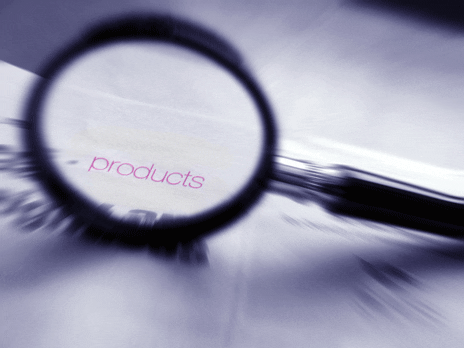Bruin Biometrics (BBI), headquartered in Los Angeles, announces that its SEM Scanner improves the time to detection of pressure ulcers by an average 3.9 days earlier than the gold standard of care.
The SEM Scanner is a handheld device for the detection of early-stage pressure ulcers and deep tissue injury, according
These results from an independent study by the Royal College of Surgeons in Ireland’s School of Nursing were presented at the 18th Annual Meeting of the European Pressure Ulcer Advisory Panel in Ghent, Belgium.
The release explains that the SEM Scanner assessed SEM in 47 patients in a hospital acute care unit. All the patients who were exhibiting sustained deviation in SEM, as detected by the SEM Scanner, went on to develop visible signs of pressure ulceration (Grade 1 or 2).
The study suggests that the SEM Scanner detected damage more quickly than nurses (average time to detection: 1.1 days with SEM Scanner versus 5 days for the gold standard), giving nurses 3.9 days of lead time when using the SEM Scanner, the release continues.
“These findings are clinically meaningful and potentially transformative in how we assess and prevent pressure ulcer development. The real challenge today is that after a risk assessment is completed, nothing will be altered in the care plan until there are visual signs of pressure ulcer damage – by which time it is too late,” says Zena Moore, the study’s principal investigator, in the release.
“Our conclusion is that, conversely, the SEM Scanner provides greater accuracy and a continuous alerting system to identify subtle changes in the patient’s condition so that a care plan can be altered more quickly in response to actual patient need, thereby reducing the risk of development of more severe pressure ulcers,” Moore continues.
Bruin Biometrics CEO Martin Burns adds that, “The SEM Scanner offers clinicians a tool to detect pressure ulceration before the damage becomes visible at the skin’s surface and therefore can proactively
“This improvement in the treatment paradigm is transformational to pressure ulcer reversal and prevention. Our clinical users have expressed that with early detection, more than 80% of pressure ulcers can be prevented,” he says.
According to the release, the SEM Scanner launched in the United Kingdom in 2014. BBI is working with the FDA to make the SEM Scanner available in the United States in 2016.
For more information
[Source(s): Bruin Biometrics, PR Newswire]





